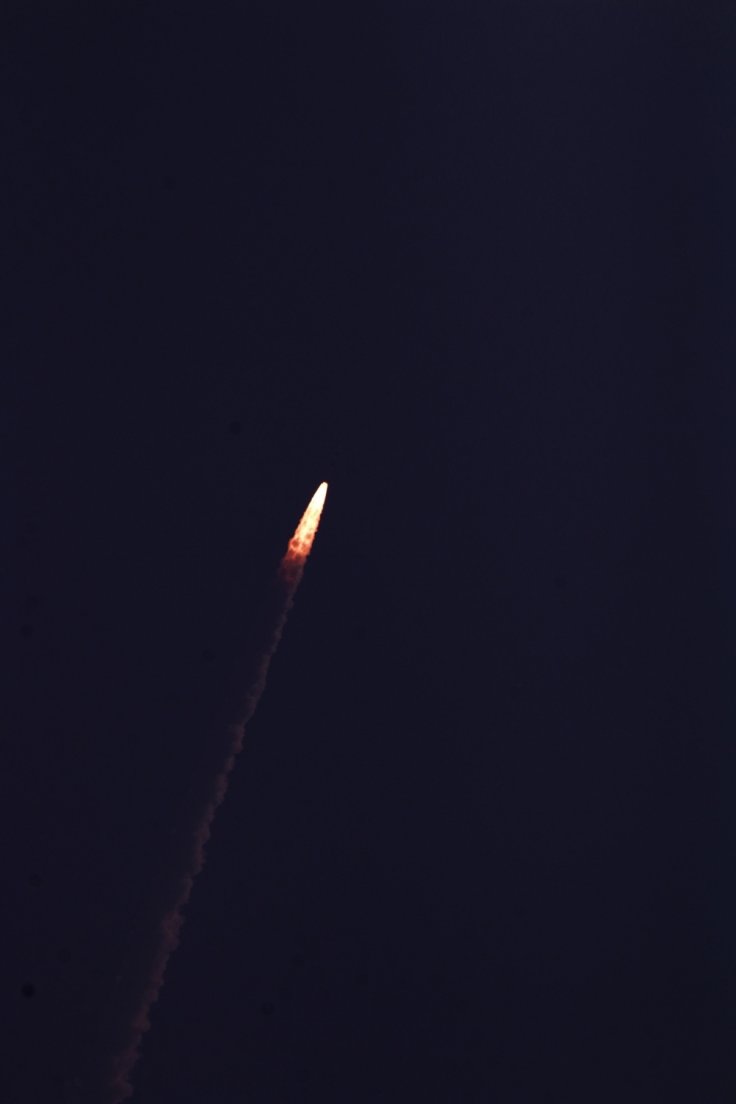
ISRO has announced that GSAT-11, India's heaviest communication satellite, will be the last heavy satellite to be launched by any foreign space agency. The satellite will soon be launched from French Guiana in South America using Arianespace's Ariane rocket.
K. Sivan, Chairman of Indian Space Research Organisation (ISRO) said, "We are working on a dual concept: Increasing the carrying capacity of our heaviest rocket- the 640- tonne Geosynchronous Satellite Launch Vehicle-Mk III (GSLV Mk III)- while producing high throughput and lower weight communication satellites."
He said that around 60 percent of a satellite's weight is due to the onboard chemical fuel and that the mass of the satellite can be reduced after opting for electrical power for maneuvering in space. ISRO has opted for electric propulsion in the communication satellite.
The Indian space agency is working on increasing the carrying capacity of the launcher vehicle GSLV-Mk III to six tonnes from its current capacity of 4 tonnes. India will be able to send payloads of 6 tonnes capacity on its own after this advancement. ISRO chairman said that the capacity enhancement will also be applied to other launchers to bring down the overall launch cost.
Sivan said, "We have the capacity to design and build over six-tonne payload rockets. We will start designing for bigger rockets."
ISRO's major objective is to increase the production of rockets to enhance the number of satellite launches. Other objectives include enhancing rocket capability, reducing rocket production cost, developing and releasing of a small rocket to carry 500 kg payloads. Development of reusable launch vehicle or rocket is another major plan.
The space agency plans to transfer Polar Satellite Launch Vehicle (PSLV) technology to joint ventures for the production of more rockets. ISRO also wants to transfer its technology to the private sector for commercialization and wider application. ISRO chairman said that they will transfer the technology required for the production of lithium-ion batteries which can be used in automobile industry.
Sivan said that the agency currently focuses on developing reusable launch vehicle which involves the development of new technologies and Scramjet engine to reduce overall expenses.
ISRO has scheduled a series of launch during the first half of 2018. The major launches scheduled for the period includes second lunar mission Chandrayaan II, communication satellite GSAT 6A and a navigation satellite to replace the first of seven navigation satellites in IRNSS series.
ISRO has also planned for a launch of its workhorse launcher PSLV for the first phase of the year. PSLV has reaffirmed its role as India's most trusted launcher after a successful launch of Cartosat-2F and 30 other satellites into its orbit on January 12.
The satellite had passed through several tests and investigation after a failure to launch navigation satellite IRNSS-1H to orbit in August 2017. The failure had occurred after it's 39 consecutively successful launch missions including the record-breaking launch of 104 satellites to its orbits.









